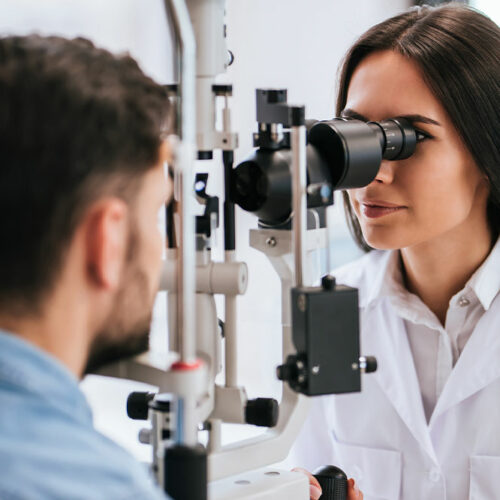8 Questions to Ask an Ophthalmologist

An ophthalmologist, or an eye doctor, is a qualified expert who diagnoses and treats conditions to maintain optimal eye health. When one visits an ophthalmologist, they can ask specific questions, either about their particular health concern or general doubts. However, it is quite common to go entirely blank when at the doctor’s and forget half the things that need to be asked. So, here’s a brief checklist of vital questions to ask an ophthalmologist. Which tests will be performed? Whenever you visit a doctor, it is reassuring to know what procedures or tests they will perform or are considering. Most people visiting ophthalmologists are ridden with anxiety about this aspect, so asking this particular question can soothe your nerves and make future visits and eye exams less stressful. While eye doctors perform eye tests, you can also carefully view their instruments and ask why certain tests are being conducted. It is advisable to discuss any concerns about the health condition or probable side effects you may face since this will also help set your mind at ease about the future. Finally, this question is also helpful in making future preparations. So, if a particular test or eye exam will interfere with your eyesight or alertness for a few hours, you can arrange for someone to drive you home from the ophthalmologist’s clinic afterward.






